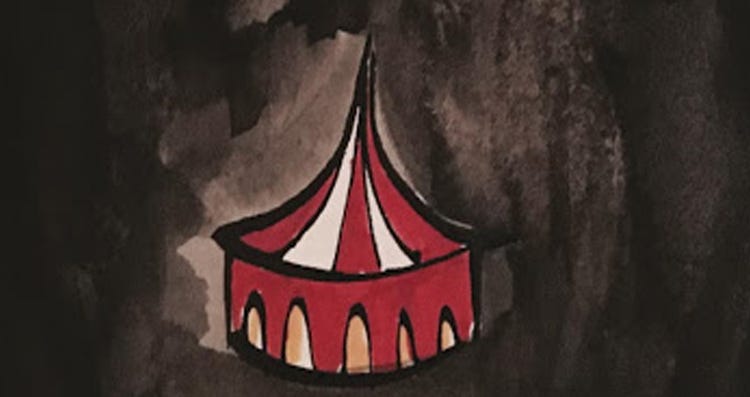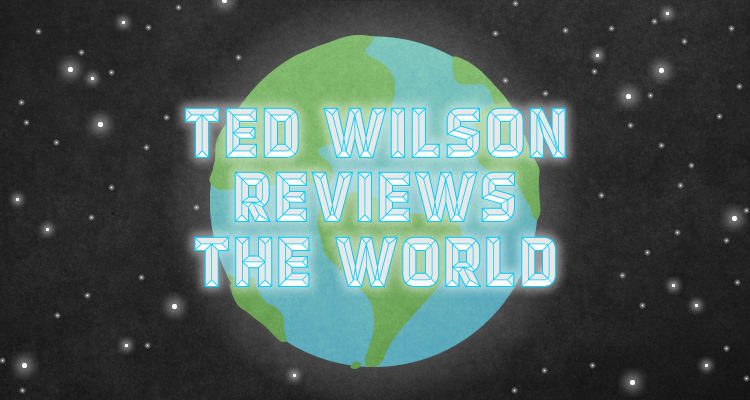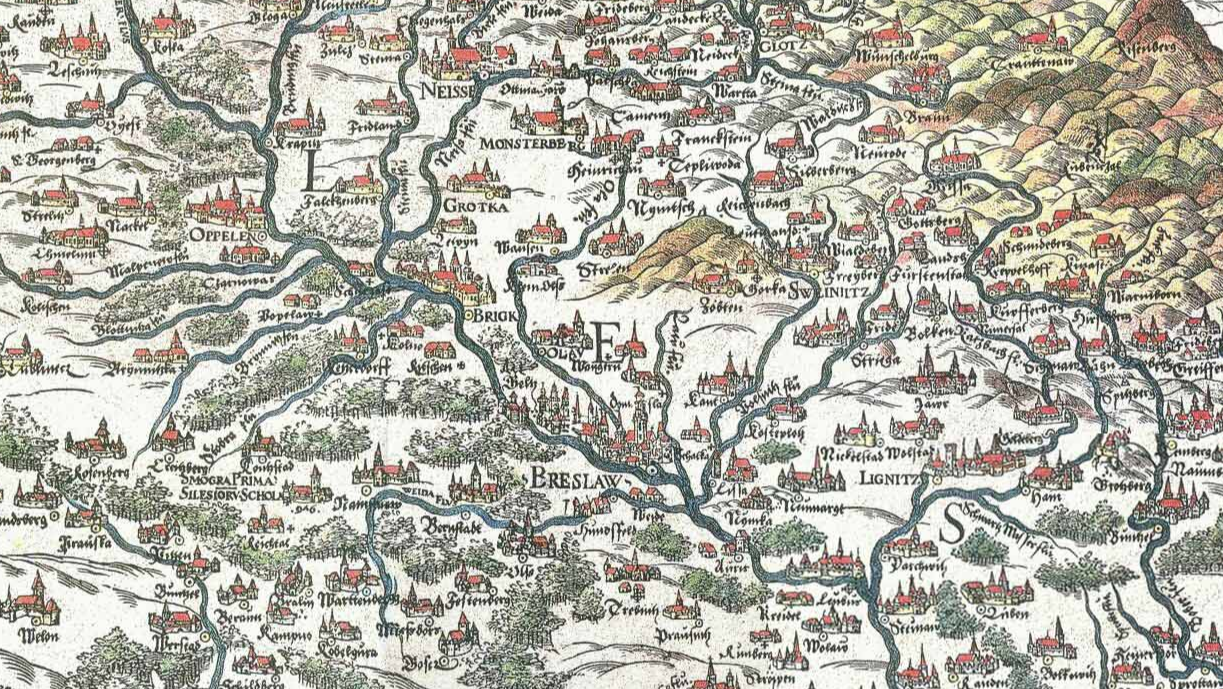Books & Culture
Seeing Through the Eyes of a Polar Bear
Yoko Tawada’s New Novel Follows Polar Bears Across Generations

Memoirs of a Polar Bear begins with an unnamed bear, writing in first person, describing the ways she’s contorting her body while being tickled in relation to the moon, first curling into a full moon, then pointing her “anus to the cosmos” in a sickle moon shape. Before the reader even has the opportunity to turn the page, Yoko Tawada’s facility with the beautiful and odd is shining.
Of course, it should have also been obvious before that. The book, originally written in German and translated by Susan Bernofsky is, after all, about three polar bears — a grandmother, a mother, and a son — one of whom, in the first chapter, “accidentally” writes a best-selling memoir. In the second chapter, the mother, Tosca, performs in a circus in East Germany, and among the myriad things that happen in the background is a labor strike by a group of polar bears that had been given to the circus as a gift from the Soviet government. In the final chapter, the son, Knut, is raised in a zoo by an attentive and loving zookeeper.
Odder still is that much of the book is also based on real events. In 2006, Tosca gave birth to Knut and, for reasons unknown, rejected him shortly thereafter, which lead to a male zookeeper acting as Knut’s mother figure for the duration of his infancy.
“[In Memoirs of a Polar Bear,] Yoko Tawada’s facility with the beautiful and odd is shining.”
Perhaps the most fascinating element of the novel is the role of ancestry. Tawada structures Memoirs of a Polar Bear in a manner that insists the reader always be thinking about the grandmother, Tosca, and Knut as a unit, but the way the bears engage with their own lineage is different. Both Tosca and Knut are aware of who brought them in to the world, but the importance of their mothers is not ingrained. When it matters, it is because others (often humans) have chosen to project the importance on to them, not because they are bringing it about themselves. This becomes especially poignant in the last chapter when humans and other animals around the zoo mock Knut for being raised by a human. To me, their words are cruel and hurtful To Knut, they seem misguided. He likes the man who raised him and doesn’t see why others fail to understand that.
That is reflective of Tawada’s commitment to the polar bear’s perspective. In the first and third chapters, the one’s wholly rooted in a non-human narrator, the pages are bursting with wonderful insights that benefit greatly from the species of who is thinking them. For example, in Knut’s chapter, he attempts to deconstruct the nature of his captivity.
“I felt endlessly liberated the first time I was allowed to leave my four walls and go for a walk in the zoo, but every outside world had yet another world outside it that filled me once more with unease. What was outside the zoo? And when would I finally be able to reach the outermost outside world?”
This passage is simultaneously insightful, naïve, and discomfiting. On one hand, it is a vital point in Knut’s intellectual development, realizing that his space is not the only space. On another, there is not really an outermost world. On land, everything is always contained by something else, even if some of the boundaries are imagined. And, of course, it is uncomfortable to think about zoo animals understanding their lives in these terms.
Early on in the book, the grandmother ruminates on the nature of the written word and its relation to the self, an idea that intersects with one’s work becoming a bestseller in a not entirely pleasant way. “Writing: a spooky activity. Staring at this sentence I’ve just written makes me dizzy. Where am I at this moment? In my story — Gone.” From a human, it’s possible that this observation could seem trite or boring or clichéd, but, well, I want to know what a polar bear thinks about their relationship to their writing. I’ve never read about that before. Tawada is always aware of where speaking through a non-human character can take her, and she navigates the territory better than nearly anyone else.

There are many remarkable things about Memoirs of a Polar Bear. The plot spans a little more than half a century, beginning in the post-World War II Soviet Union and ending in unified Germany in the early 2000s, and Tawada finds a way to weave the necessary political information through the narrative in a way that feels natural and informative without weighing down other elements. She seems free from preconceptions about what it might mean to be a polar bear who has an intellectual depth which rivals humans. And the prose, of course, is wonderful. Each paragraph has a phrase or sentence worth underlining. When this book is open, it’s never wise to put the pen cap back on. With Memoirs of a Polar Bear, Tawada has once again proven her supernatural ability with the supernatural.









